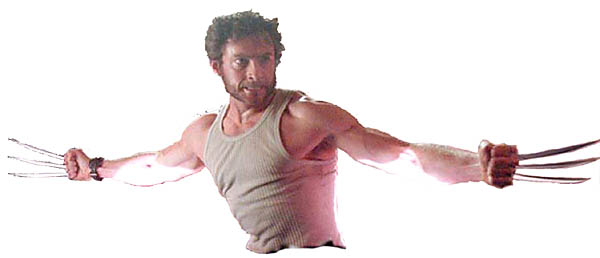The USA PATRIOT Act was passed by the United States Congress
with blazing speed after the Sept. 11, 2001, terrorist attacks and
became law on Oct. 26
– yes, in 2001.
The USA PATRIOT Act (we’re not shouting at you; the law’s name is actually an awkward acronym for Uniting and Strengthening America by Providing Appropriate Tools Required to Intercept and Obstruct Terrorism) was passed by the United States Congress with blazing speed after the Sept. 11, 2001, terrorist attacks and became law on Oct. 26 – yes, in 2001.
The act is several hundred pages long. If you care to read it, it’s available online at www.epic.org/privacy/terrorism/hr3162.html, which is the Electronic Privacy Information Center’s Web site.
We doubt many people – even notoriously bookish library patrons – have the time or legal minds to read and understand the intricacies of the legalese it contains. That’s why it’s such a good idea for libraries to post signs warning patrons that the new law can impact them.
Libraries in Santa Cruz have posted this sign:
“Warning: Although the Santa Cruz Library makes every effort to protect your privacy, under the federal USA Patriot Act (Public Law 107-56), records of the books and other materials you borrow from this library may be obtained by federal agents. That federal law prohibits library workers from informing you if federal agents have obtained records about you. Questions about policy should be directed to Attorney General John Ashcroft, Department of Justice, Washington D.C. 20530.”
The information distills the mammoth law’s main effect for library patrons – a reduction in privacy and no notice about inquiries – into a few simple sentences. The last sentence, it could be argued, is unnecessary and politically motivated, but it points out an important problem.
Because the law is new and untested in courtrooms, it’s unclear exactly how its Byzantine provisions will be interpreted. The debate among legal professionals, librarians, civil libertarians, politicians and others is ongoing. Who should we ask about the law’s technicalities?
Without any legal tests – and in part because of the limited debate when the act was rammed through Congress – we just don’t have answers to these questions.
For now, it’s clear that many librarians are worried enough about the law’s provisions to purge computer records more often and to shred written information requests daily.
Perhaps after reading that sign, people who seek information that someone might consider questionable or subversive (and who gets to make that key determination?) will just read the books or periodicals at the library rather than borrow them.
Those who say they aren’t worried about the USA PATRIOT Act because they have nothing to hide are missing the point. They do have something to lose – priceless rights to privacy and access to information.
We encourage librarians – and all freedom-loving citizens – to protect our precious liberties, which have been paid for with the blood of true patriots since the Revolutionary War.
Library signs highlighting the threat of the USA PATRIOT Act to those freedoms are a reasonable first step.









